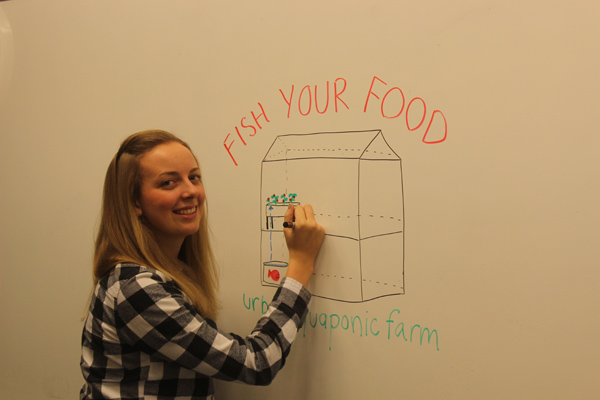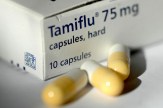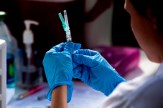From fish tank to food table

“Businesses are totally capable of making money and doing good,” says Kelsey Julius, AMD/SSH’12.
Her new social business venture is a case in point, a win-win for the environment and the entrepreneur.
Named Fish Your Food, the small-scale enterprise aims to harness the power of a new urban farming technique called aquaponics to grow and market organic produce.
On Dec. 1, Julius launched a monthlong Indiegogo campaign to raise $14,000 in support of the business, which aligns with Northeastern’s focus on solving global challenges in health and sustainability. The money will be used to buy equipment to build a 160-square-foot aquaponics farm, including a fish tank, grow bed, and upcycled shipping container.
The farm will be located in Paris on the campus of the HEC School of Management, where Julius is studying for her master’s of science in sustainable development.

A screenshot of a video produced for Julius’ crowdfunding campaign shows potential donors how aquaponics works.
Aquaponics—a portmanteau of aquaculture and hydroponics—thrives on the symbiotic relationship between plants and fish. In this closed-loop ecosystem, fish wastewater is funneled from a fish tank to a grow bed, where it’s broken down by bacteria to provide nutrients for the plants. The plants, in turn, purify the wastewater and then filter it back into the environment in which the fish live.
Unlike conventional farming methods, aquaponics does not pollute the environment, deplete the fresh water supply, nor upset the balance of the marine ecosystem.
“Aquaponics allows you to grow almost anything almost anywhere,” says Julius. “It truly provides a real solution to problems in the food industry.
“People have been doing this in their own backyards for a long time,” she says, “but only recently has it become a commercially viable operation.”
The budding entrepreneur’s idea to design a small-scale aquaponics farm took shape last year, when she worked for a California-based startup that sells consumer-based aquaponics kits. And her senior capstone project—a stop motion documentary on the efficacy of social business—piqued her interest in doing well by doing good.
“Why make money by creating more problems when you could be using your skills to resolve them?” asks Julius, who graduated from Northeastern with a combined degree in cinema studies and languages, literatures, and cultures.
If her pilot project goes well, Julius plans on building a commercial farm in Nantes, a city in West France with more than 7,000 acres of green space. She was inspired by her visit to a hydroponics tomato farm in Iceland in which the proprietors teach their customers how to grow the juicy fruit and sell pints of tomato soup.
“I want to help get people more involved in agriculture and teach them where their food comes from,” says Julius. “It could bolster my business and interest people in caring about food and culture.”





